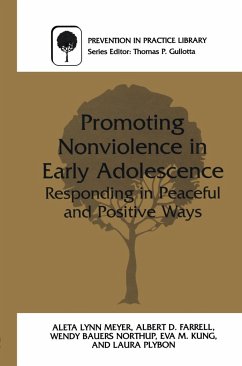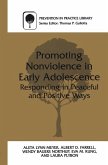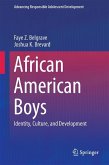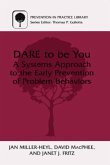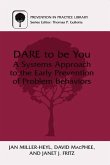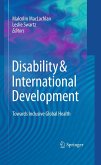This series of monographs is dedicated to the increasingly vital area of prevention in healthcare. The works are organized into four categories of preventive practice: education, social competency enhancement, natural caregiving, and systems change. Tragedy should not and need not occur before a school or community begins making efforts to prevent violence. This volume describes the steps taken by Responding In Peaceful and Positive Ways (RIPP), a program developed to promote `non-violence' among students in middle schools. RIPP provides young people with new ways to respond to conflict. Using the acronym RAID, the students are taught four types of non-violent options: Resolve, Avoid, Ignore, and Diffuse. By teaching that they have other choices in any conflict, the idea that `fighting' is a necessary response to an insult or a conflict is dispelled. RIPP also teaches the need for everyone to accept differences, to affirm those with whom they come in contact, and not to engage in `put downs' of others. This empirically validated program has been proven to work in a variety of settings and was designed with real-life experiences in mind. It was originally developed and implemented in collaboration with school administrators in both urban and rural settings.
In preparation for role-play during a RIPP class, 6th grade students consider the following conflict situation: Sharon and Josie, who are good friends, tryout for the basketball team. Josie makes the team, but Sharon does not. The week after tryouts, Sharon tries to pick a fight with Josie, calling her a "cheater" and "some one the coach felt sorry for. " Josie is in a bind; she wants to remain friends with Sharon, but she is really angry with Sharon for treating her so badly. What can Josie do in this situation? What type of self-talk will help her work out this prob lem with Sharon and keep the friendship? During the role-play, Sharon calls Josie a cheater. Then, before Josie re sponds, two students representing her positive and negative sides take turns whis pering into her ear. Negative self-talk: "Boy, is she a loser! What if everyone believes her and thinks that I cheated to get on the team?!" Positive self-talk: "I know I worked hard to get on the team! Sharon must really be hurt that she didn't make it. I can talk to her later when she's cooled down, and maybe we can do something together after practice. " Josie listens to the two voices, and decides that the best approach is to ignore Sharon's comments for now and to call her later that day to see if they can do something together. This description of students dealing with everyday conflicts is quite real.
Hinweis: Dieser Artikel kann nur an eine deutsche Lieferadresse ausgeliefert werden.
In preparation for role-play during a RIPP class, 6th grade students consider the following conflict situation: Sharon and Josie, who are good friends, tryout for the basketball team. Josie makes the team, but Sharon does not. The week after tryouts, Sharon tries to pick a fight with Josie, calling her a "cheater" and "some one the coach felt sorry for. " Josie is in a bind; she wants to remain friends with Sharon, but she is really angry with Sharon for treating her so badly. What can Josie do in this situation? What type of self-talk will help her work out this prob lem with Sharon and keep the friendship? During the role-play, Sharon calls Josie a cheater. Then, before Josie re sponds, two students representing her positive and negative sides take turns whis pering into her ear. Negative self-talk: "Boy, is she a loser! What if everyone believes her and thinks that I cheated to get on the team?!" Positive self-talk: "I know I worked hard to get on the team! Sharon must really be hurt that she didn't make it. I can talk to her later when she's cooled down, and maybe we can do something together after practice. " Josie listens to the two voices, and decides that the best approach is to ignore Sharon's comments for now and to call her later that day to see if they can do something together. This description of students dealing with everyday conflicts is quite real.
Hinweis: Dieser Artikel kann nur an eine deutsche Lieferadresse ausgeliefert werden.

